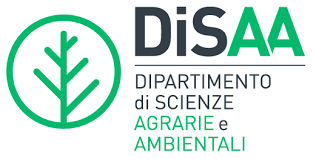Project Partners
Agricola 2000

Agricola 2000, a leader in the testing of new products and techniques for agriculture, acts as a driver of innovation for public and private companies and research institutes operating in the agribusiness sector, as well as in consultancy to companies and public administrations.
Agricola 2000 was one of the first companies recognized as a CRO by the Italian Ministry of Agriculture in 1996, and as such conducts official studies to assess efficacy (Good Efficacy Practices) and to determine residue levels (Good Laboratory Practices) of plant protection products (PPPs) according to the latest European directives and Ministry of Health regulations.
In addition, Agricola 2000 carries out agronomic and varietal trials on different cultivars of grain and silage maize, soya, grain and silage sorghum, durum and common wheat, barley, sunflower, triticale, annual, summer and winter fodder, developed by public and private institutions. This research is conducted, depending on the crop, in the most suitable environments in each geographical region of Italy, in order to collect comparable biometric data useful for material evaluation.
Finally, Agricola 2000 is increasingly becoming a reference point for the characterization of biostimulant products. Agricola 2000’s services in the biostimulant sector are based on two complementary aspects: field research and marketing support.
The constant presence and active participation in numerous international events confirms the company’s interest in increasing its knowledge on the subject and in sharing our experience with sector operators.
Research group specialized in vegetables crop – UNIMI, DiSAA

Within the Department of Agricultural and Environmental Sciences – Production, Landscape, Agroenergy at the University of Milan, the UNIMI research group, specialized in vegetables crop and Floriculture, has been dealing for years with various issues related horticultural species production cultivated in open field and in protected environments, as well as floricultural and medicinal species, including their post-harvest management.
Main research interests:
- Optimization of cultivation protocols, physiological and qualitative evaluation of horticultural species grown in the open field, in a protected environment and in closed cultivation systems (vertical farming);
- Evaluation of the efficacy of biostimulant products on horticultural crops and study of their role in the response to abiotic stress;
- Study of analysis methodologies and identification of suitable indexes for describing the quality of fruit and vegetable production;
- Management of the post-harvest supply chain of leafy vegetables, fruits and flowers and study of the physiological processes that influence product quality;
- Study of the mechanisms related to senescence.
